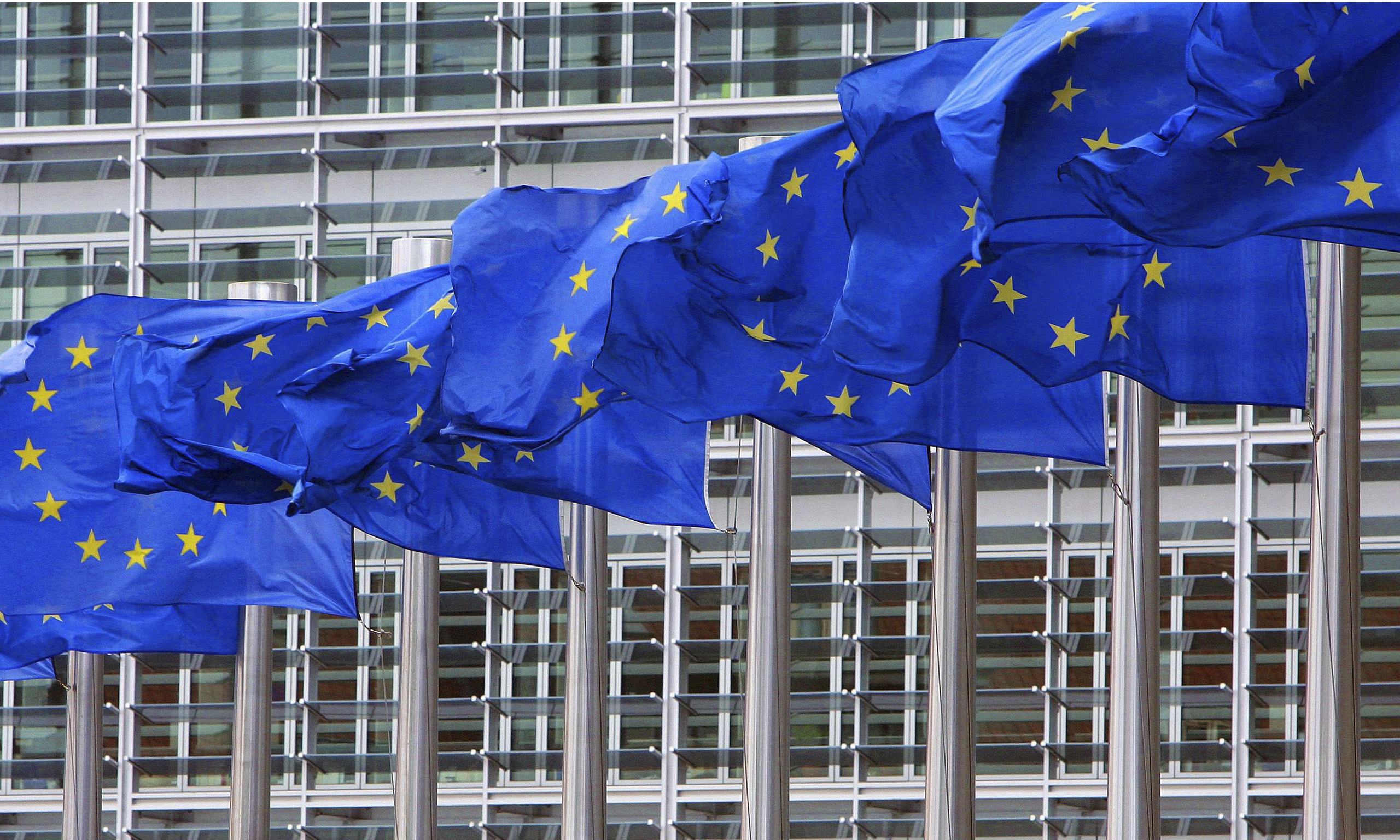Main messages from the Tripartite Social Summit, 22 March 2023

EU leaders and social partners met at the tripartite social summit. The main theme of the summit was: Giving the right answers to Europe’s competitiveness challenges – how to make Europe the place to be for industrial investments creating growth and quality jobs.
The summit participants intervened on the following issues:
- restoring a level playing field, ensuring a necessary competitive transformation in all industrial sectors and delivering an economically sound and just transition
- the Skills Agenda: mobilising the European Year of Skills to address recruitment problems and bridge the gap in access to skills and skills training
- making the Single Market more resilient and pursuing an ambitious trade agenda to build a highly competitive social market economy that delivers for all
The President of the European Council Charles Michel commented: “Today our European competitiveness is a major priority. The European Council has called for a swift, ambitious, and comprehensive European industrial policy response. Working in close cooperation with social partners, we need to bolster our competitiveness and growth through our twin climate and digital transitions, while generating quality jobs, making sure no one is left behind. Furthermore, the Single Market’s deep economic integration boosts the EU’s export competitiveness and free trade agreements remain a key way of opening new markets and maximising investment in innovation. At the same time, a skilled labour force must become the engine of our European competitiveness. The European Year of Skills is an opportunity to give skills development the prominence it deserves.”
The President of the European Commission Ursula von der Leyen said: “We need to boost Europe’s competitiveness and support businesses and workers to drive our transition to climate neutrality. This is not only essential to ensure future prosperity and growth, but also quality jobs. We put forward the Green Deal Industrial Plan and the Net-Zero Industry Act to create an enabling environment for businesses to manufacture key technologies in the EU. At the same time, the best technology is only as good as the skilled workers who can install and operate it. This is why skills are a key pillar of our plan. The European Year of Skills will put a focus on skills development and the involvement of social partners is key to succeed.”
From the side of the rotating presidency of the Council of the EU, the Prime Minister of Sweden, Ulf Kristersson, added: “To support Ukraine after Russia’s full-scale invasion is the single most important task for the EU. Russia’s war has also broad-ranging consequences for the rest of the world. Europe is currently hit by high energy prices and inflation, leaving many businesses and citizens struggling. The Swedish Presidency seeks to make Europe Greener, Safer and Freer. We must build on the strengths of our economies to increase European quality of life, global clout and security. Increasing Europe’s competitiveness is key. Responsible social partners and effective social dialogue can contribute by absorbing labour market shocks and supporting up-and reskilling, thereby easing transition on changing labour markets.”
The General Secretary of the European Trade Union Confederation (ETUC) Esther Lynch, noted: “European workers are currently suffering a huge cut in their purchasing power and living standards as a result of an inflation crisis caused by excess corporate profits, so there should be no race to the bottom in the name of competitiveness.
Instead, the best way to support European industry and its workers to increase productivity is by investing in technology and training and not through lowering wages or standards.
Productivity of European companies is primarily hampered by the fact that public investment is lagging far behind what is needed and that private investment as a share of GDP is currently half of what it was in 2000, while 50-60% of the workforce do not have the skills that our industries require and they are not given the opportunity to get training to acquire those skills.
The EU should follow the win-win approach to competitiveness being taken by the Biden administration in the US by investing in industry to ensure it is fit for the future while using social conditions to creating quality jobs and raising living standards.”
BusinessEurope’s President Fredrik Persson, representing employers (BusinessEurope, SGI Europe, SMEunited), commented: “European leaders urgently need to improve investment conditions in the European Union to strengthen the competitiveness of European enterprises. The answer to Europe’s competitiveness challenges cannot be to engage in a subsidy race. The EU must address the pressing need to provide regulatory breathing space to enterprises, in particular to SMEs. It must support the transition to a green economy through targeted EU programmes, an effective and impactful spending of the Recovery and Resilience Facility and the NextGenerationEU and a more flexible and simpler temporary state-aid framework, while ensuring a level-playing field. It must address long-term challenges such as high taxes, underdeveloped capital markets, and a lack of investment in R&D and critical infrastructures. The European Year of Skills is a golden opportunity to address skills gaps and improve training systems’ response to changing labour market needs.”
The views cited in this text are those of the individual / organisation concerned and do not collectively constitute the point of view of the Council or the European Council.
